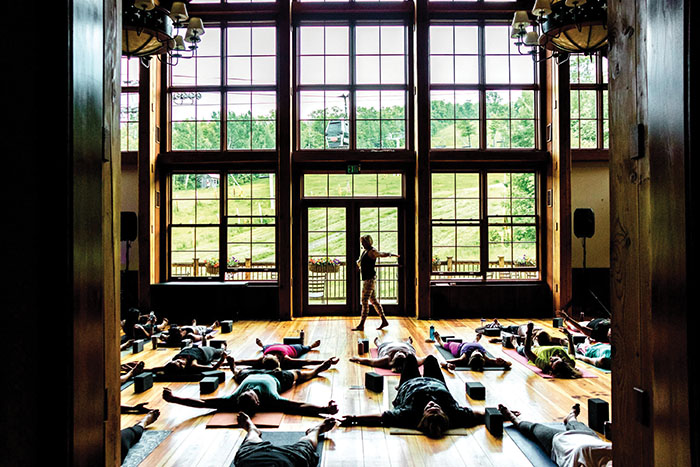
It’s important to let your loved ones know that you are there to support them, on days good and bad. By doing so, you can provide vital support for making your loved one’s journey just a little bit easier. It is no secret that dealing with breast cancer is hard. It can turn lives upside down, inspiring concerns on topics as wide-ranging as maintaining daily routines, paying for treatment and life expectancy. Underlying it all is its emotional toll. According to a survey by Ford Warriors in Pink, 44 per cent of breast cancer patients report needing help maintaining a positive outlook, while 43 per cent report needing help maintaining their self-confidence. As supporters, we want to alleviate the burdens on our loved ones, yet few know how to best support a patient during and after treatment.
Although the emotional journey of cancer is complex and there is no one-size-fits-all solution, there are ways you can help those experiencing it feel more in control of their situation. Encourage your loved ones to engage in activities that nourish their spirit and support them in pursuing avenues for self-care to help them maintain a positive outlook on life.
Expand your world
Many patients feel as though breast cancer takes hold of their life as its own. Remind your loved one that cancer is not the centre of their world by encouraging them to pursue their passions. “Amidst chemo and radiation, you’re constantly finishing battles. But when life is constantly pushing you down, you need more wins,” says breast cancer survivor Lara Mehanna. Participating in new experiences — even those in your own hometown — can allow those who have been touched by breast cancer to refocus on their spirit. Treat your loved one to an experience that aligns with their interests, like a local pottery or cooking class, to provide a much-needed outlet as they continue their fight.
Create peace of mind
Mindful meditation is one method of self-care that helps lower anxiety and stress. As part of her “integrated care” treatment plan, breast cancer survivor Ana Mostaccero practised meditation and visualisation exercises prior to surgery. “Doing these exercises helped me to not only reduce stress, but to begin practising an all-around mindful life with heightened perspective and appreciation for what my mind and body were experiencing.” Help your loved one tap into their own inner peace by making meditation easily accessible to them. Popular personal meditation app Headspace offers meditations specific to every phase of the cancer journey.
Channel your chi
Breast cancer often brings feelings of being betrayed by your body. “It took a long time to learn to trust my body again,” says survivor Amber Tumbow. “For so long it felt like my own body turned against me in a constant state of battle. I began practising yoga, and slowly but surely I was able to feel more in control.” Because yoga is a gentle exercise with a variety of modifications, it can be a manageable exercise for patients at different stages of their journey. Start a regular yoga practice with your loved one to encourage regular activity, keep them motivated, and help them reconnect with their bodies. Look for programmes like the Wanderlust 21-Day Challenge that can be done at home and are designed especially with breast cancer patients in mind.
Empower with community
Cancer can feel alienating. While patients undoubtedly appreciate the support of family and friends, they can also feel like no one understands what they are going through. Connecting with others who have also experienced cancer can help patients feel less alone. “The greatest blessing was support from fellow survivors, the Models of Courage community,” shares survivor Jessica Ayers. “Being diagnosed so young, I felt alone. Hearing the stories of those who had gone through the same thing as me, and seeing their strength as they offered support, advice and love completely changed my outlook on my disease. It turned me into a warrior.”